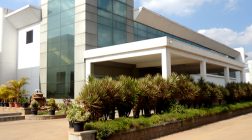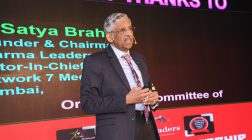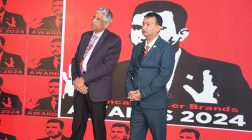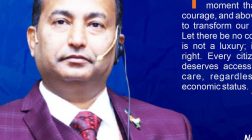Can Modi-Trump bring Bio – Medical Innovations?
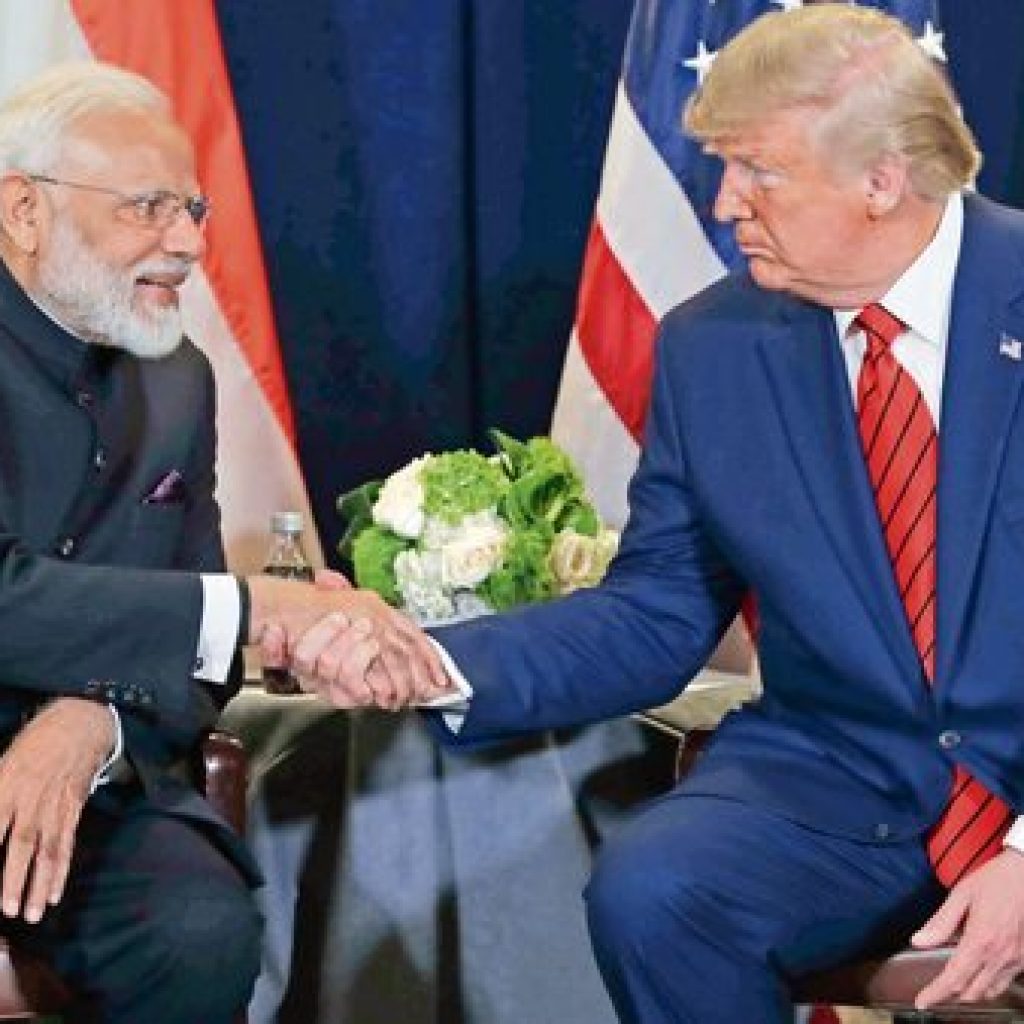
The visit of India’s Prime Minister Narendra Modi to Houston is nothing short of extraordinary. As a hub for biotech and pharmaceutical research and development and home to an extensive community of Indo-American physicians and scientists, Houston should embrace Modi’s message to encourage continued investment in India. There is an opportunity for the city to play a key role in bringing innovations to the Indian market, once India opens its gates to foreign players under the right regulatory and policy conditions.
India is the leading provider of generic drugs to the U.S., and Indian pharmaceutical companies are now starting to enter the innovation space. But it is China that is leading production of active pharmaceutical ingredients and significantly expanding innovative new drug development. China reformed policies concerning the regulatory review and approval, intellectual property protection, and pricing and reimbursement for new innovative drugs. This new approach — from a more transparent regulatory system and acceptance of oversees clinical trial data to a stronger intellectual property system — is fuelling growth in foreign direct investment and building China’s biopharmaceutical industry.
Today, India’s share is less than 3 percent of the world’s bio-pharma industry. Its mission is to reach 5 percent by 2022, a target that will require significant international support and investment. The health care industry in Houston is worth $48 billion annually — a market that could greatly benefit India.
India must expedite the implementation of formal policy changes, especially for regulatory and intellectual property protection reforms, that reward investment in biopharmaceutical innovation and drive economic growth. This will encourage allies to become partners in advancing health care in India. The country should also take a page from the Chinese pro-innovation playbook and leverage its consular network and vast diaspora to grow relationships and gain know-how from life sciences experts in the U.S. and around the world. For example, my firm, Fannin Innovation Studio, a company focused on the years-long process of commercializing pharmaceuticals and medical devices, is actively engaged with several Indian pharmaceutical companies and has hosted visiting delegations from India. Our approach to early therapeutic and medical device development model could easily be adapted to the Indian environment if the right policy environment were in place.
While there are several policy changes that could help the Indian pharmaceutical sector grow, it would be especially impacted by a further streamlining of the approval process to conduct clinical trials in India. With a rigorous regulatory and ethics approval process in place, many more clinical trials can be placed in India for the benefit of all the groups involved. Overseas biopharmaceutical companies can obtain high-quality clinical research data more rapidly and inexpensively. Local clinical investigators and medical experts gain experience with early-stage drugs, diagnostics and medical devices. Indian partner companies learn from world-class research and development programs, and local contract clinical research organizations and hospitals benefit economically. And most critically, patients get earlier access to high-quality biomedical innovations in areas of unmet medical need.
With President Donald Trump joining Prime Minister Modi’s visit in Houston, the time is right for the two countries to strengthen their ties and reaffirm their strategic partnership by resolving outstanding issues to bolster the US-India trade relationship. However, without new policies to spur investment in the innovative biopharmaceutical sector, we are unlikely to see India fulfill its potential to deliver new innovative solutions — drugs, diagnostics, medical devices — for the benefit of Indian citizens and people around the world. Let’s turn this historic visit to Houston into action for the health of people everywhere.
Varadhachary, MD, PhD, is managing partner at the Fannin Innovation Studio in Houston, a member of the healthcare advisory board of the Greater Houston Partnership, and is former president of the Indo-American Chamber of Commerce of Greater Houston.


